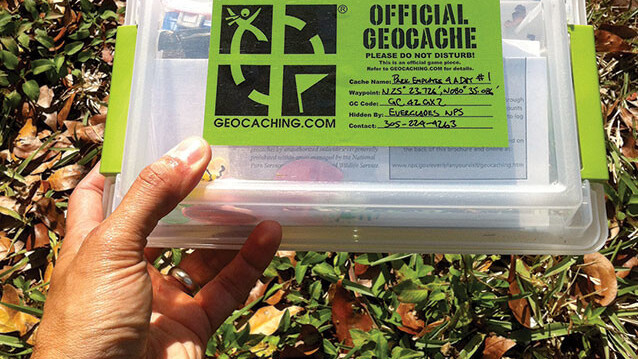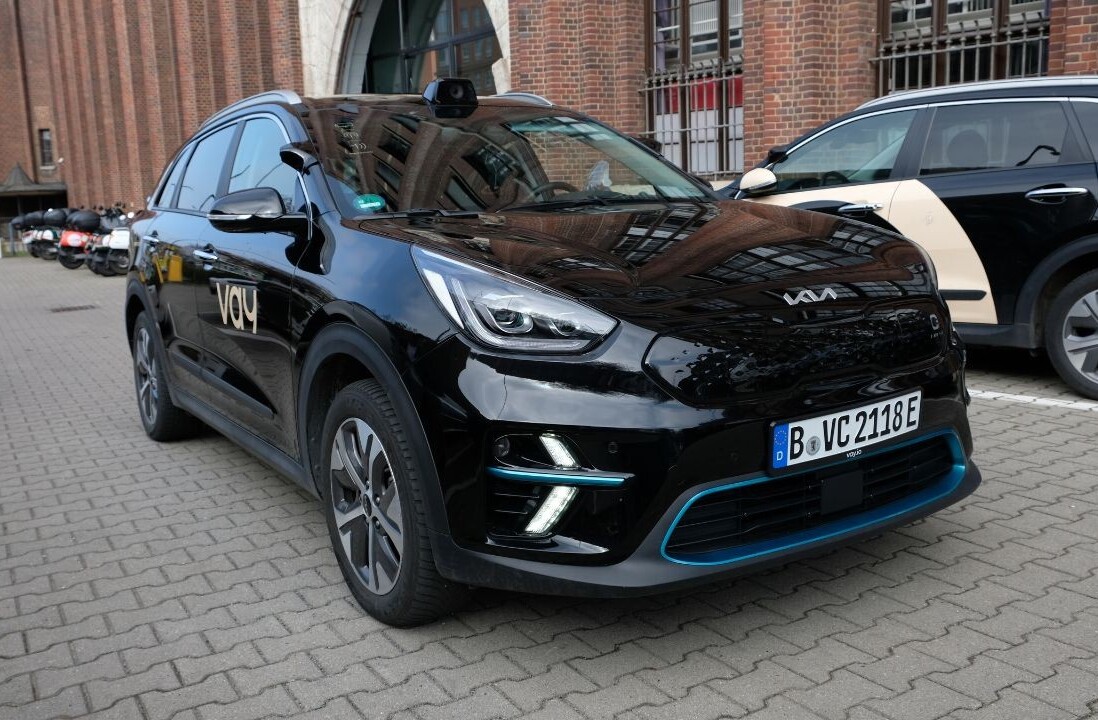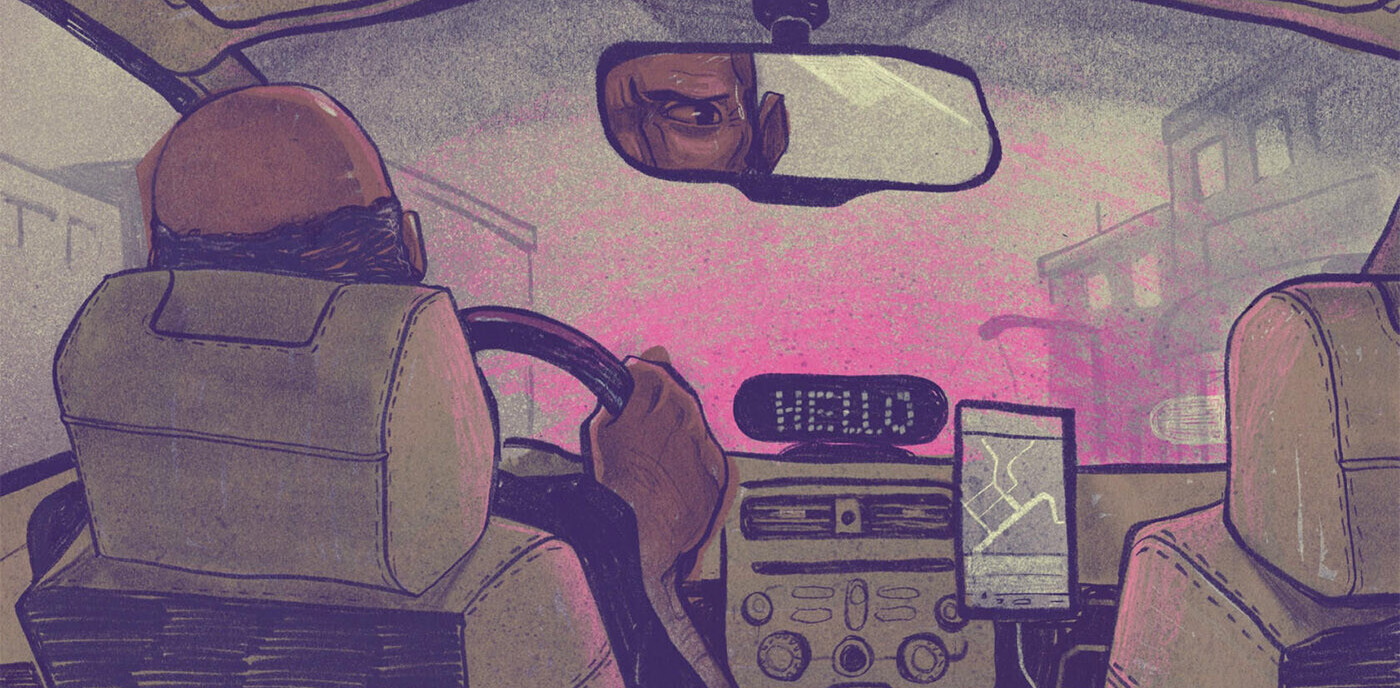
Although we focus on the financial health of online networks, there are other ways to create value in digital spaces.
Take controversial companies like Uber, Airbnb and Airtasker, which are heralded as the poster children of the so-called sharing economy. By focusing on money changing hands, they miss the chance to help users collaboratively share other kinds of value that don’t have a price tag.
On Airbnb, users often undertake actions that don’t create immediate economic benefit: meeting guests, giving gifts, or helping with travel advice. But these actions aren’t captured by the platform beyond the review section.
To better understand how non-economic value creation works, we examined the global treasure-hunting game known as geocaching.
In the game, network members can generate non-financial value from connecting socially or being well regarded by others. They can also gain value from feeling a sense of adventure or acquiring knowledge.
Despite having different locations, culture and social capital, members of such collaborative networks can come together for common goals.
What can geo-caching teach us about value?
Geocaching claims to have millions of players or “geocachers” who hunt for more than 2.8 million treasures (“geocaches”) hidden all over the world.
The game involves creating and exchanging “travel bugs”. These are objects as innocuous as an old whistle or a teddy bear that carry identification tags and are assigned goals by their creators. Geocachers collaborate to help the travel bug move from one cache to another.
We found that individual geocachers are part of a systemic process of value creation.
How does this work? Individual actions, such as a geocacher hiding or finding a geocache, are registered and stored in the form of blog posts, photographs, comments and reviews. When other participants see these registrations (sometimes years later or while living on other continents), they continue yielding value, because others recognise the benefits of these actions to members of the geocaching network.
The key feature of its collaborative network is that the value of one action gets stored with the value of other actions, and becomes redistributed to other participants.
For example, when a geocacher reads some posts and learns about the adventures of objects moved from cache to cache by other geocachers, they gain knowledge, a sense of adventure and connection to others in the network. The network stores and redistributes the value outcomes of actions performed by its members.
To an outsider, geocaching might seem like just a hobby, but these activities are extremely valuable to participants. While each action alone means very little, the totality of actions can move a worthless toy across the globe and even to space. What is valuable are the collaborative, often peripheral actions that make this movement happen.
Other platforms, like Couchsurfing, can also store different types of value. Everyday actions performed by users and captured by Couchsurfing include those linked to non-economic value, such as the guests cooking a meal, or hosts giving insights into their home country.
What can other networks learn?
When compared to geocaching, companies like Uber, Airbnb and Airtasker are not fulfilling their potential for creating systemic value.
The platforms don’t completely capture other forms of value creation. These are the collaborative and often peripheral actions that help the system move, like a particularly friendly Uber driver or an Airbnb host who offers useful travel advice.
Although Airbnb has member reviews, it’s up to users whether they mention other forms of value. Airtasker reviews are about services provided, and Uber focuses on ratings.
To capture additional value, these companies should create additional ways for participants to register these other actions. What amazing stories have you discovered from talking to your Uber driver? Have you brought a gift for your Airbnb host? What have you learned from your Airtasker helper?
Questions like these would allow the systemic accumulation of other types of value, which not only enrich the network, but encourage other participants to engage in similar actions.
![]() Like geocachers, platforms in the sharing economy will benefit from embracing sharing in its deepest meanings. Only then will users become participants of a true collaborative culture.
Like geocachers, platforms in the sharing economy will benefit from embracing sharing in its deepest meanings. Only then will users become participants of a true collaborative culture.
This article was originally published on The Conversation. Read the original article.
Get the TNW newsletter
Get the most important tech news in your inbox each week.





